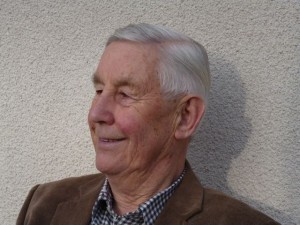It was a bold innovation when this newspaper invited weekly contributions from members of the main political parties. I think these have all been of interest. Writers have not simply trotted out the political dogma of their own parties, but have reflected on what matters to them as individuals and what they personally consider important issues for our local community. Indeed I often find myself agreeing with the views of contributors from other parties.
What is it that drives people to become politically active; to support a particular political tribe?
Political involvement seems to many to be a strange, even bizarre way of spending one’s time. Politics is seen by some as corrupt or self-serving, and politicans are denigrated for incompetence or dishonesty.
Yet the truth is that political activity is an inevitable and necessary part of life; without it, our society would collapse into anarchy.
I myself fell into this world almost by chance. Frustrated by the dogmatism of Thatcherism and appalled by the antics of the ‘loony left’ I welcomed the emergence in 1988 of a new third force, with a belief in sensible, moderated market realism allied with a strong sense of social responsibility and a powerful green and internationalist ethic. I joined the Liberal Democrats and to my surprise soon found myself a parliamentary candidate both for Westminster and for Europe. From these experiences I learned some valuable lessons.
First, I discovered that the goals of most politicians are much the same. We aspire to similar ends, even if the means of achieving them differ. Unfortunately, our present system highlights the differences rather than the areas of agreement. Most politicians enter this much-disparaged field with ideals, to change society for the better. Perhaps if the Westminster parties could learn to work together wherever possible we might make more progress in doing so. The broadcast yah-boo nonsense of PM questions stands in stark contrast to the constructive work of the all-party select committees.
Secondly, every political party is a collection of individuals with differing ideas and priorities. These parties are not simply of one mind; they are ‘broad churches’ in which people have to listen to each other and to compromise. One of the special features of the Lib Dems is that policy-making is done in open discussion at conference or in special consultations. Members are actively encouraged to express their own ideas.
Thirdly, democracy, with individual entitlement to vote, remains the best system on offer, despite its imperfections. If you don’t believe this, if you are cynical about our political democracy and your ability to influence events, then show me a better system.
My own advice to people as we approach the election period is: take part; be heard; make your opinion count; and play an active, positive part in the political process. We will all be the losers if you do not!
Roger Putnam in the Whitehaven News. May 1st 2014

